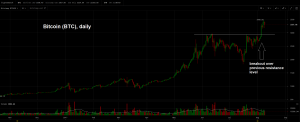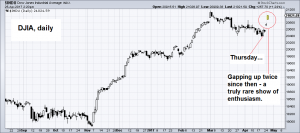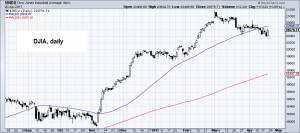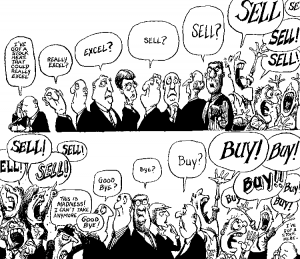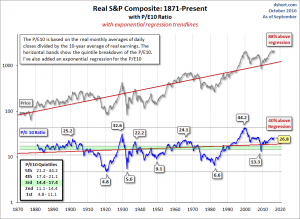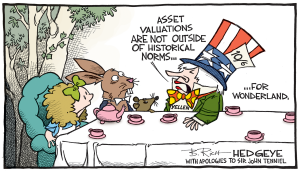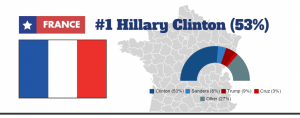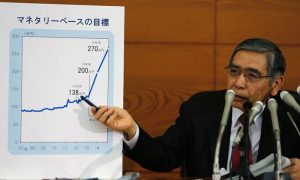Fools and Rascals
And it’s time, time, time
And it’s time, time, time
It’s time, time, time that you love
And it’s time, time, time…
– Tom Waits
[embedded content]
Tom Waits rasps about time
POITOU, FRANCE – “So how much did you make last night?”
“We made about $15,000,” came the reply from our eldest son, a keen cryptocurrency investor.
“Bitcoin briefly pierced the $3,500 mark – an all-time high. The market cap of the entire crypto market shot up, too… with daily trading volume also rising.
“And remember, this is still a tiny market. Most people don’t own any crypto-currencies. Most people don’t even know what crypto-currencies are. The whole market is only one sixty-fifth the size of the entire gold market.

